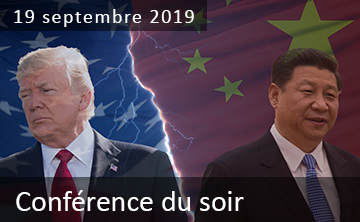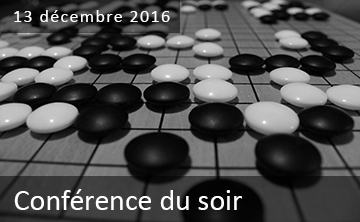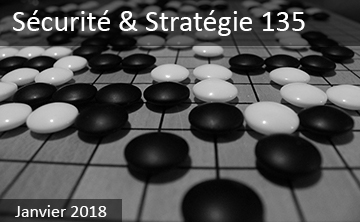
Dans les pas de l’« Autre géant »
Évolutions contemporaines de la
politique de défense et
de sécurité de l’Inde
Non-signatory to the Treaty on the Non-Proliferation of Nuclear Weapons (NPT), India is a de facto nuclear state and has the third largest military in the world. In terms of geographical area, population and economic power, the country far outstrips its South Asian neighbours. Now, given its high economic growth that has touched 7 per cent in each of the last five years, hence exceeding that of China, it is also preparing to close in on the world’s economic powers. For years, experts from the media, investment banks and research institutes have been agreeing that there is another China in the making – an economic and political powerhouse that will soon have fulfilled the conditions required of a leading political power playing a key role in moulding inter-national relations. Yet the confidence is not without scepticism, as India must also overcome enormous economic, social and political challenges.
Concomitant with its growing power, India is expanding its influence, both within the Asia-Pacific and Indian Ocean regions, and in the global arena. The government led by Narendra Modi of the Bharatiya Janata Party (BJP), which swept into power in the 2014 general election, has proclaimed “One India, Eminent India” as its slogan. As its manifesto explicitly states, the goal of its foreign policy is to build “a strong, self-reliant and self-confident India” that will “regain its rightful place in the comity of nations.” While Indian diplomacy has been struggling for years to bridge the gap between the country believes is its rightful place in the international community, on the one hand, and the actual status, on the other, its status and role as a major power finally came to be recognised throughout the decade of the 2000s.
In 2001, India quietly revised its traditional non-alignment policy and shifted to a “broad based engagement” with the United States, while maintaining its strategic autonomy. With Chi-nese influence growing in the region since the mid-2000s, India has been accelerating the moder-nisation of its military and the implementation of reforms in defence production, meanwhile pro-moting multifaceted bilateral defence and security cooperation in the Asia-Pacific and Indian Ocean regions, with its Navy as the main proponent. Also, on the global stage, India has been urging greater participation in the United Nations (UN) decision-making process, utilising its score in UN peacekeeping operations as a new diplomatic resource.
As in the past, India’s political scenario and the nature of its role in international relations depend primarily on those at the political helm in India itself. Today, the main goal of the Modi government’s security policy is to overcome India’s weaknesses, and is grounded in three pil-lars: law and order, border disputes, and defence reform. India’s efforts towards the indigenous production of defence equipment have run into repeated failures in reforms in defence production that have been attempted since 2001. This research work visualises along those lines the critical evolutions of India’s defence and security policy in recent years, with the objective to bring the-rough understanding of the nature, aims and concerns of India’s military and the main drivers and limitations that shape its growing power both within the region and in the global arena.
Despite wide-ranging differences in social contexts and cultural values, India, Belgium and the European Union share a common interest in an international order based on the principle of democracy and human rights, peace and security – sound foundations on which to expand mutual relations, as to the ways in which India enhance its significance as a global player in the years to come. Therefore, we will also question the current place and ambitions for EU-India relations by reviewing European political strategies and their perception in India.
Télécharger le Sécurité & Stratégie 135
Ligne de recherche : Eurasie
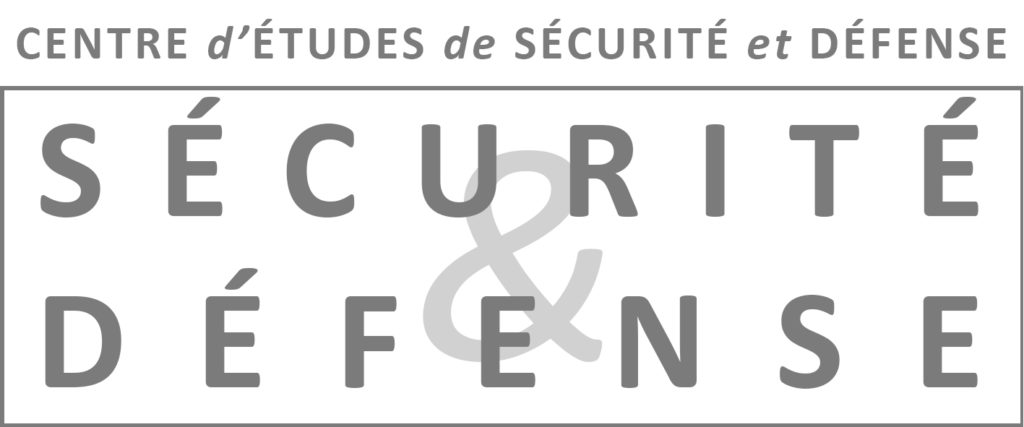
Publications et événements connexes :
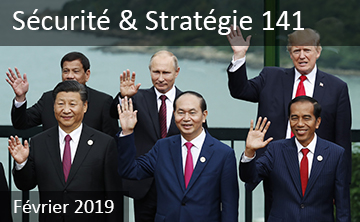
Le partenariat russo-chinois à l’heure Trump: un nouvel ordre mondial illibéral en formation?
Nicolas GOSSET

